Regarding anti -seasonal vegetables, you should know these truths!
Author:Beijing Science Center Time:2022.07.02
The Analects said: "From time to time, don't eat it." It means that food should pay attention to the consistency of food and seasonal. For a long time, this view has also affected the Chinese eating habits. Among countless families, when eating, fruits and vegetables are regarded as a healthy lifestyle. Therefore, people's attitudes have always been subtle on seasonal vegetables and anti -season vegetables. Some people think that the seasonal vegetables are in line with traditional habits and high nutritional value; some people think that the anti -season vegetables have enriched the type of vegetables and make the dining table more flavorful. The controversy about who has higher nutritional value has always been endless. So, what are the differences between "seasonal season" and "anti -season"?
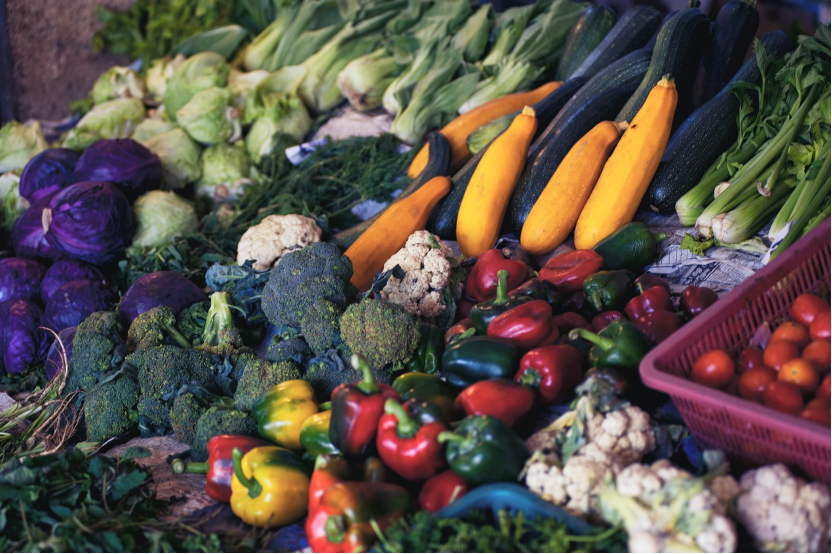
Source 丨 UNSPLASH
1. What is anti -season vegetables?
The seasonal vegetables from sowing to germination, from maturity to listing and sales, are following seasonal and solar terms. The production of anti -seasonal vegetables is more free. It breaks through the time limit and has become a hot fresh product in the market. Generally speaking, anti -season vegetables can be divided into three categories: foreign planting, emergency reserves, and anti -season cultivation.
The first type of anti -seasonal vegetables actually benefited from the convenience of transportation and the development of logistics. The so -called anti -season is only the standard of geographical concepts. One vegetable may be in the anti -season somewhere, but at the time in another place. For example, when the winter strikes, the growth of vegetables in the north falls into a stagnation period, and in the warm south, all kinds of vegetables can still be available freshly under the right conditions. Logistics transport these vegetables from the south to the north, and it becomes "anti -season vegetables".

Vegetables in the south in winter are transported to the north, called "South Cai Bei Transport"
Source 丨 Xinhuanet
The second is due to the advancement of fresh -keeping technology, vegetables can store more time. In summer, the seasonal vegetables are stored through fresh -keeping technology and entered the market until winter, which is also "anti -season vegetables". Today, fresh -keeping technology allows many vegetables to ensure continuous supply of all year round. Northern people's frequent visits on the winter table, Chinese cabbage and potatoes, had been reserved before winter, in fact, it is also a certain anti -season vegetable in a certain sense.
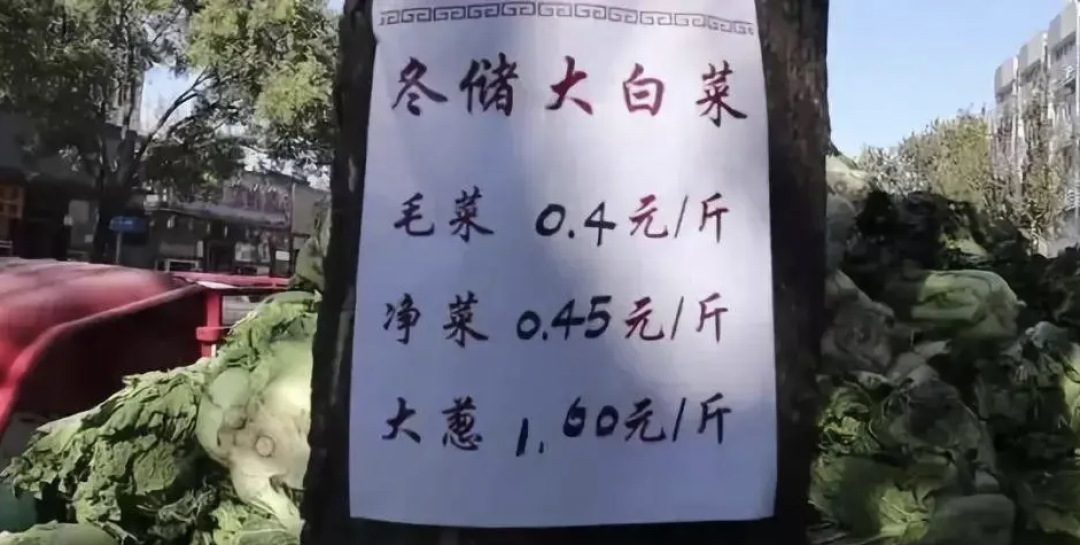
Source 丨 Tencent News
The third is attributed to the "greenhouse planting", that is, the use of protective and semi -protective facilities for anti -season vegetable cultivation. As a more popular facility agricultural project in recent years, the strong insulation and moisturizing effects of greenhouses have made vegetables from being influenced by cold weather, and can still grow normally. This is also a very common approach at present. In Shouguang, Shandong, the intelligent management system of the greenhouse has extremely powerful functions. From the automatic control room temperature to automatic fertilization and watering, automatic light and ventilation, etc., it has achieved visual regulation of greenhouse greenhouses.
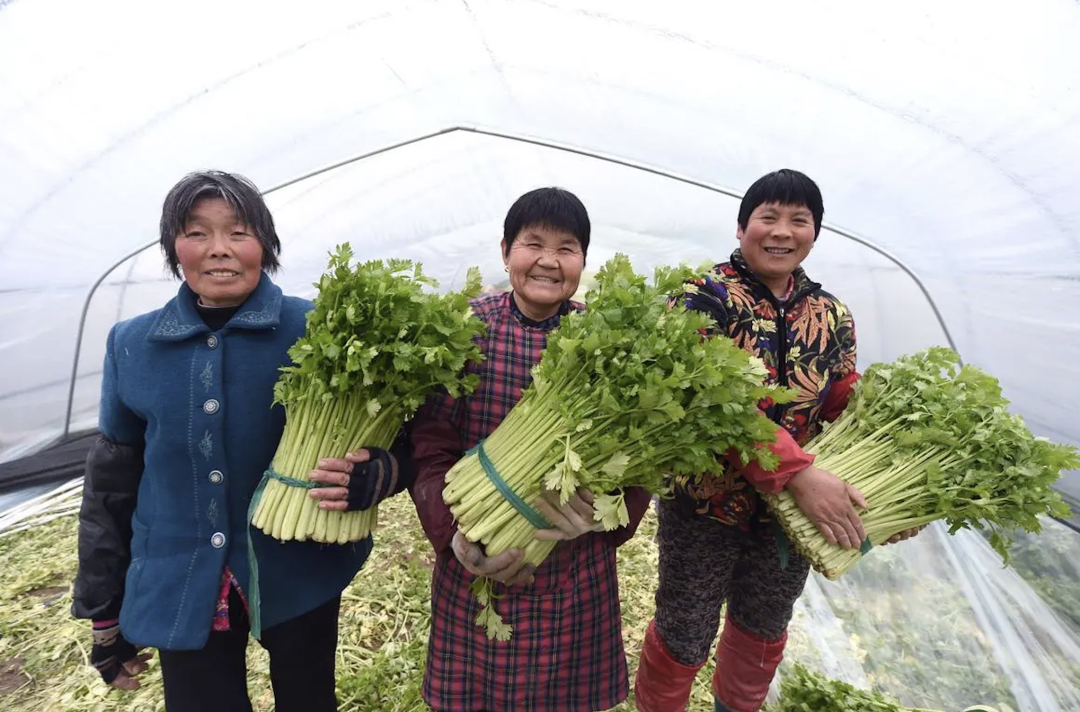
Source | Xinhuanet
2. Can the anti -seasoned vegetables be eaten?
After having a certain understanding of the type of anti -season vegetables, everyone must be eliminated for the first and second -season vegetables' concerns, and there will still be some concerns about the vegetables planted by the greenhouse. In life, there are many saying that "anti -season vegetables are ripened through pesticides, hormones, etc., and cannot be eaten." So, is the growth of anti -season vegetables really like this?
First of all, let's talk about pesticides. In fact, in the process of vegetable growth, in order to remove germs and pests, it is normal to use pesticides. It also requires pesticides for the growth of vegetables. At present, the state allows pesticides to be used on fruits and vegetables. The use of pesticides standardized and reasonablely does not harm the human body. Regarding the problem of pesticide residues, the types and dosage of pesticides applied, and the length of degradation time (referring to the time when the pesticide is applied to the listing and sale) is the decisive factor. It is not the same as the pesticide residue.
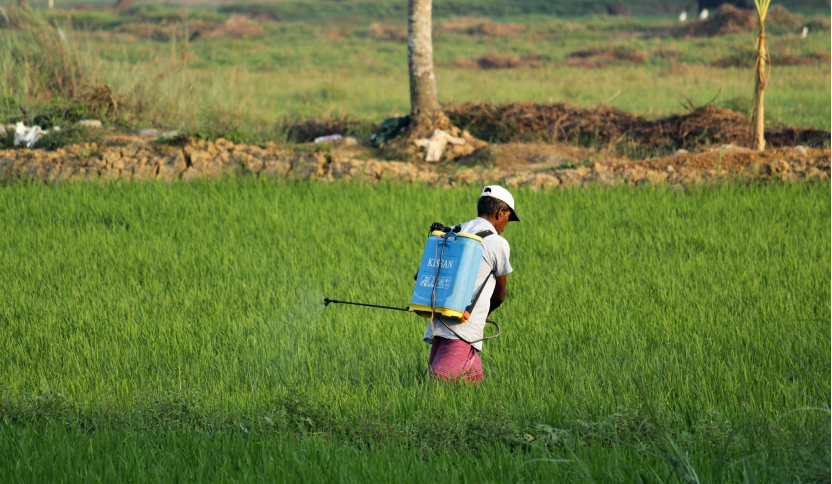
Pesticide
Source | Unsplash
Secondly, "hormone ripening". Although many people in life talk about hormones are negative, plant hormones (plant growth regulators) only have effects on plants, can promote or inhibit the growth and development of plants, and have no impact on the human body. Plant hormones that are currently allowed to be widely used meet the requirements of non -toxic and low toxicity. A little amount can work, automatically degrade after use, and the residual amount is very low. Periodical vegetables may be used in seasonal vegetables, so anti -seasoned vegetables can be eaten with confidence even if they use plant hormones normally.

The types of plant hormones include echins, shed acid, cell division, ethylene, etc.
Source | WebiologyCh.com
3. The nutritional value of anti -season vegetables is higher?
Is there a difference between the taste and nutritional value of the seasonal vegetables and the anti -season vegetables? The elements that determine the taste of vegetables are the sugar ingredients (glucose, fructose, sucrose, etc.) and flavor ingredients in vegetables. The formation of these ingredients is closely related to the variety, which is closely related to light and temperature. High temperature, strong light, day and night temperature difference are greatly conducive to the accumulation of sugar and flavor components in vegetables. From the perspective of consumers' taste feedback, the taste of the seasonal vegetables grown in open field seems to be better, such as tomatoes, cucumber and other vegetables that are suitable for raw vegetables, as well as peppers, celery, etc. surroundings.

Source | Pixabay
The nutritional value of anti -seasonal vegetables has not been discounted due to its growth method, and some nutrients may even be better than seasonal vegetables.When the temperature of vegetable growth is low, then its own protection mechanism will promote it to generate more vitamin C and phenol.Due to the limitation of natural conditions, although there are manual regulation, the temperature of the growth process is lower than the seasonal vegetables, and some are in a low temperature coercion. ThereforeThe content is not necessarily low or even higher.Source | Unsplash
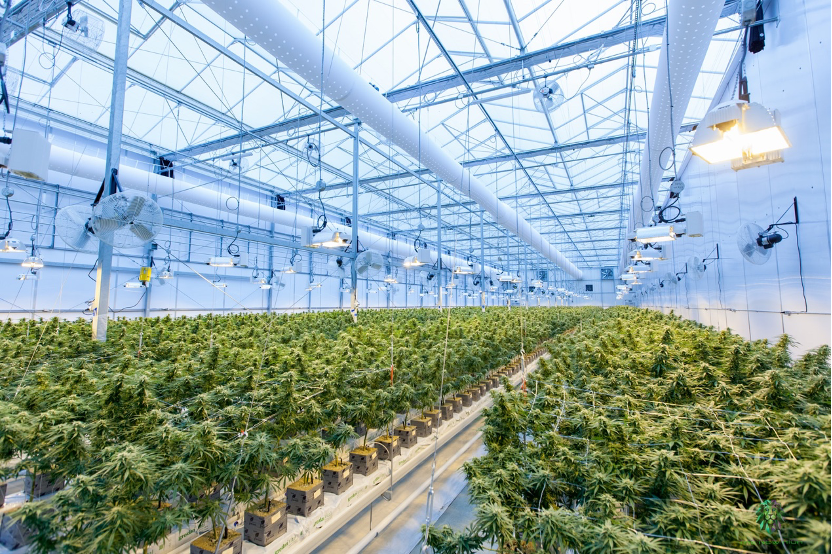
All in all, the emergence of anti -season vegetables broke the habit of eating vegetables from time to time, and people eat.The development of transportation and the advancement of fresh -keeping technology have brought the so -called anti -season vegetables in other regions.The new planting technology of the greenhouse provides suitable light, temperature, water, and soil for vegetable growth.In the season when the supplies are relatively scarce, the appearance of anti -season vegetables is not a good thing. It not only enriches people's dining tables, but also provides more source of nutrition.
- END -
The total production is 9.64 billion kg!

/On July 14, the National Bureau of Statistics issued a data announcement this ye...
Ministry of Industry and Information Technology: Cancel the "Star Number" mark from the communication card
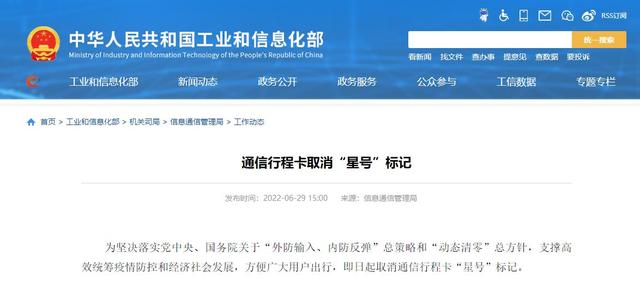
In order to resolutely implement the general strategy of the Party Central Committ...